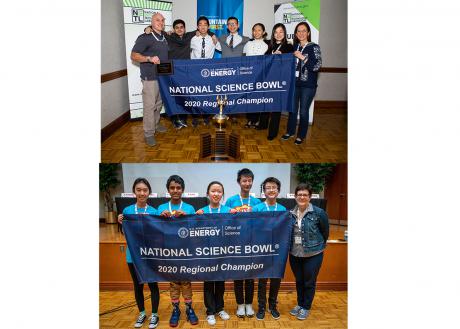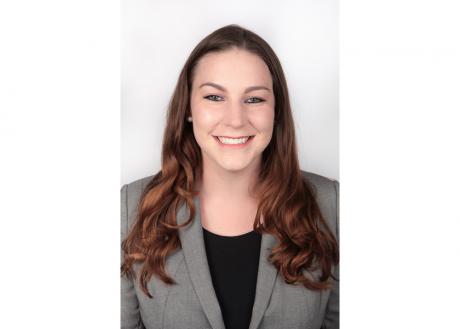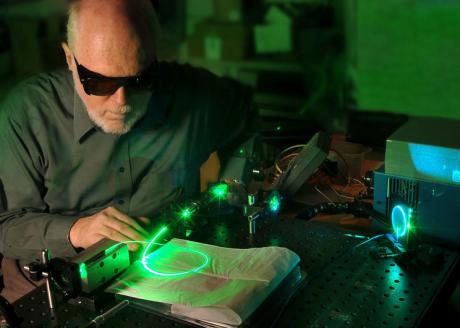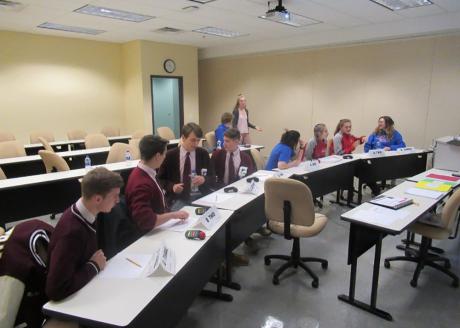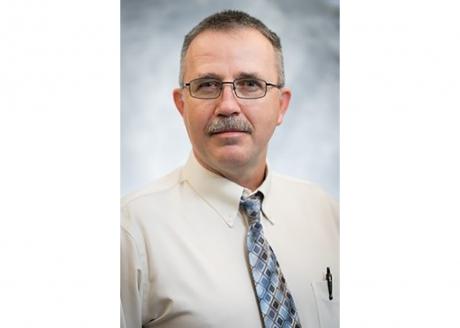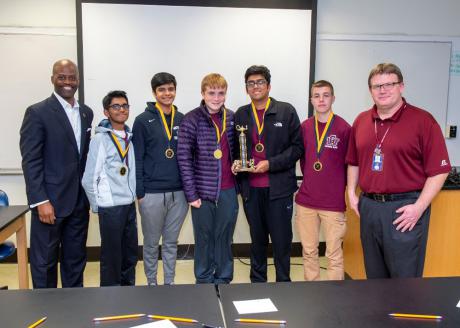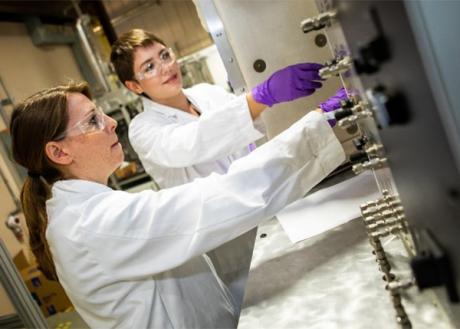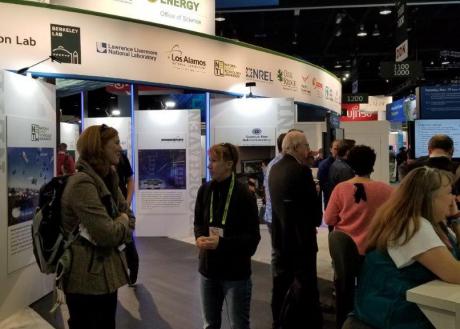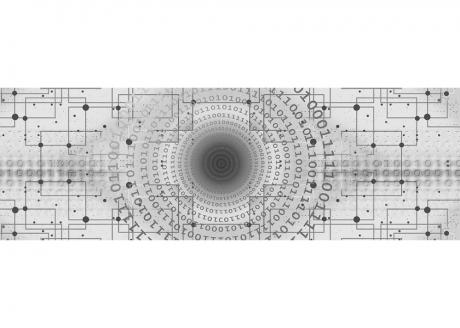The West Virginia Science Bowl tested students’ knowledge of math and science with round-robin and double-elimination competition rounds. Middle school teams competed Friday, followed by high school students on Saturday. This year’s West Virginia competition included welcoming remarks from Congressman David McKinley, as well as representatives from NETL and WVU. Participants also explored hands-on engineering activities and an academic information fair from institutions around the state.
Coming in at second, third and fourth place were George Washington High School 1, Charleston, WV, Morgantown High School 2, Morgantown, WV, George Washington High School 2, Charleston, WV, respectively. In the middle school division, second, third and fourth place were awarded to St. Francis de Sales Central 1, Western, WV, Triadelphia 1, Triadelphia, WV, and Suncrest 2, Morgantown, WV, respectively.
About
News and Events
Research and Programs
Carbon Management Point Source Carbon Capture Carbon Dioxide Removal Carbon Dioxide Conversion Carbon Transport & Storage Hydrogen with Carbon Management
Resource Sustainability Methane Mitigation Technologies Minerals Sustainability Natural Gas Decarbonization and Hydrogen Technologies Advanced Remediation Technologies Energy Asset Transformation
Key Lab Initiatives Advanced Alloys Signature Center (AASC) Science-based Artificial Intelligence and Machine Learning Institute (SAMI) Center for Microwave Chemistry (CMC) Center for Sustainable Fuels and Chemicals (CSFC)
Energy Technology Development Office of Energy Efficiency and Renewable Energy Battery Workforce Initiative Cybersecurity, Energy Security, and Emergency Response Office of ElectricityGrid Resilience
Business
Library
Explore our Library

Approved Categorical Exclusions Environmental Assessments Environmental Impact Statements Oil and Gas Projects Summaries NETL Fact Sheets NETL Newsletters Publication Search Energy Data Exchange (EDX) FECM External R&D Final Technical Reports Summary Information for External R&D Awards Technical Reports Series (TRS) Peer Review Reports Interagency Working Group Initial Report
- Research and Programs
- Carbon Management
- Core Competencies
- Resource Sustainability
- University Training & Research
- Key Lab Initiatives
- Energy Technology Development
- Featured Infrastructure
- Methane Emissions Reduction Program
-
- Business
- Technology Transfer
-
- Library
- Energy Analysis
-
- About
- News and Events
- Education




